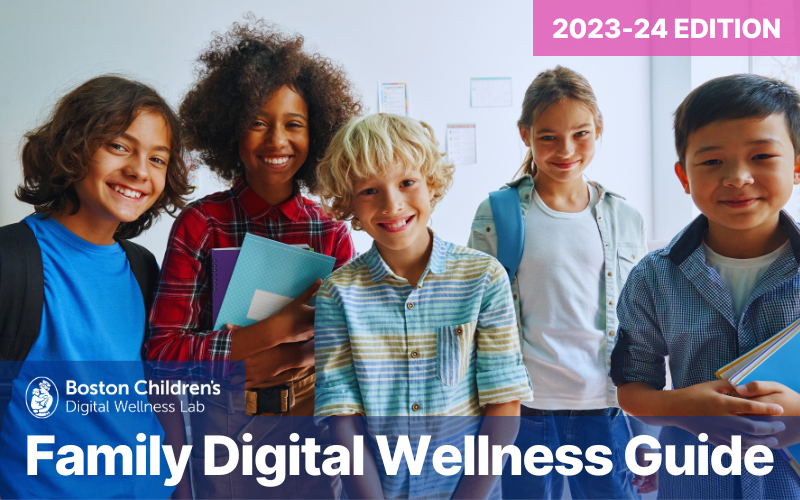- Research
-
-
- Our research focuses on examining the relationships between digital media and technology and young people’s mental, social, and emotional wellbeing and prosocial development.
-
-
-
- Initiatives
-
-
- Our initiatives are designed to advance our vision of an empathetic and respectful world in which our kids can grow up healthy, smart, and kind.
-
-
-
- Resources
-
-
- We translate research into resources designed to further our mission of promoting positive and healthy digital media experiences for young people.
- All Resources
-
-
-
- Blog
- About
-
-
- We believe that by following the science, we can create an empathetic and respectful world in which our kids can grow up healthy, smart, and kind.
-
-
-
Social Media
-

Michael Carter, Ph.D, Adds to the Lab’s Expertise
Within his role as a Post-Doctoral Research Fellow in Digital Wellness, Michael will work with the Lab to investigate ways to advance the design of interactive media for the health and well-being of youth. Dr. Carter’s previous research focuses on the intersection of media and mental health among young adults and adolescents. Most recently, his…
-
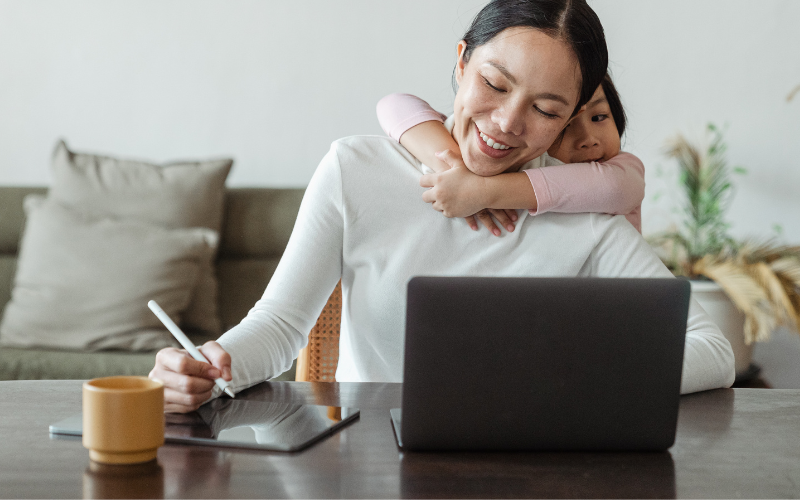
Ask the Experts: How do I model good digital media and tech habits for my kids?
How do I model good digital media and tech habits for my kids? As the saying goes, actions speak louder than words. Drawing from what we know from research, this concept also applies to digital media use — what children observe their parents and siblings doing has a more substantial influence on them than being…
-
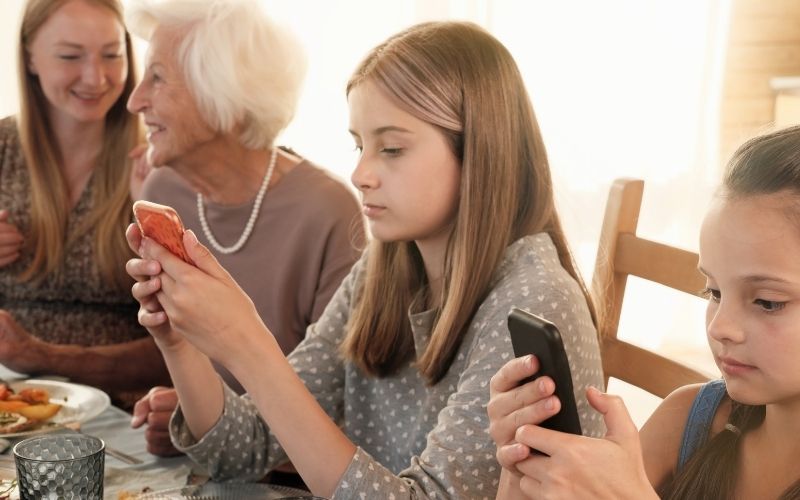
What To Do When… Your teen seems to prefer spending time online than with their family or “real world” friends
If it seems like your teen would rather spend time on their phone than with their family or even their IRL friends, you’re not alone. It’s normal for adolescents to prefer time with their social group over time with family, but there are some conversations you can have to help your teen create more balance…
-
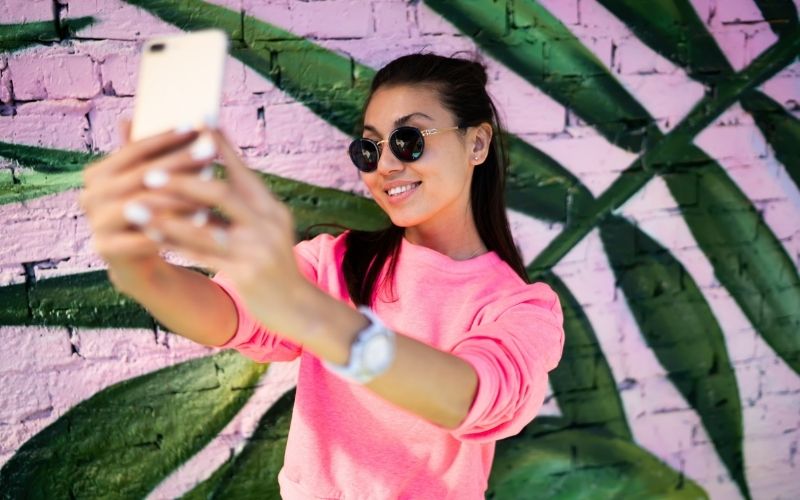
Ask the Experts: Teens, Photos, and Online Privacy
The Mediatrician offers a parent of a teenager strategies to support her daughter’s healthy and safe use of photo sharing on social media.
-
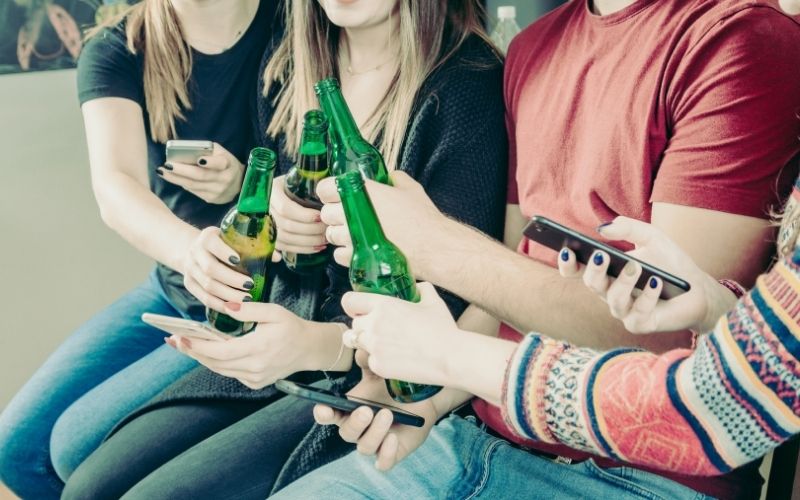
What To Do When… You see inappropriate content on your teen’s social media page
We offer strategies and conversation starters for parents who find inappropriate content — such as drug or alcohol use, hateful language, or sexually explicit photos — on their child’s social media.
-

Social Media-lutions 2022
This year, social media continues to be popular among teenagers. As 2022 approaches, consider making a New Year’s social media-lution–a resolution around social media use–with your teen to help them use social media in ways that are healthy and fun!
-

Digital Wellness Lab Applauds Surgeon General’s Youth Mental Health Advisory
In October 2021, when the American Academy of Pediatrics, the American Academy of Child and Adolescent Psychiatry, and the Children’s Hospital Association released a statement declaring the “worsening crisis in child and adolescent mental health” a national emergency, it was a familiar story.
-
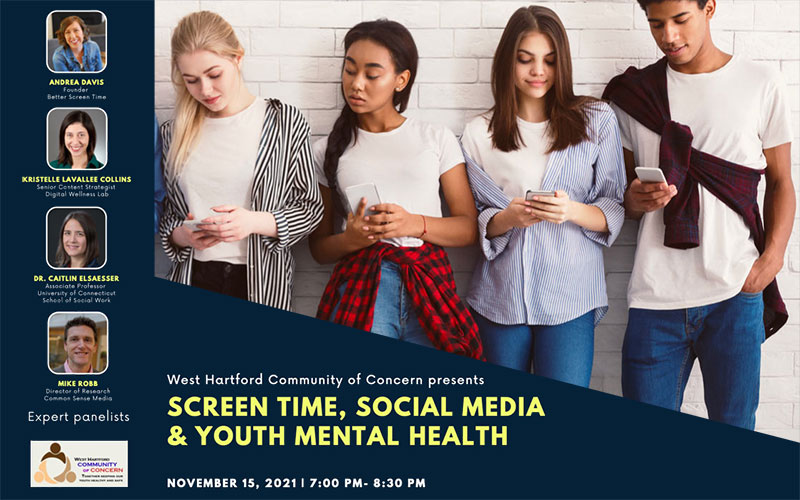
Community of Concern: Social media and youth mental health
In this webinar, you’ll learn about how screen time and social media affect youth mental health and ways to promote healthy technology habits.
-
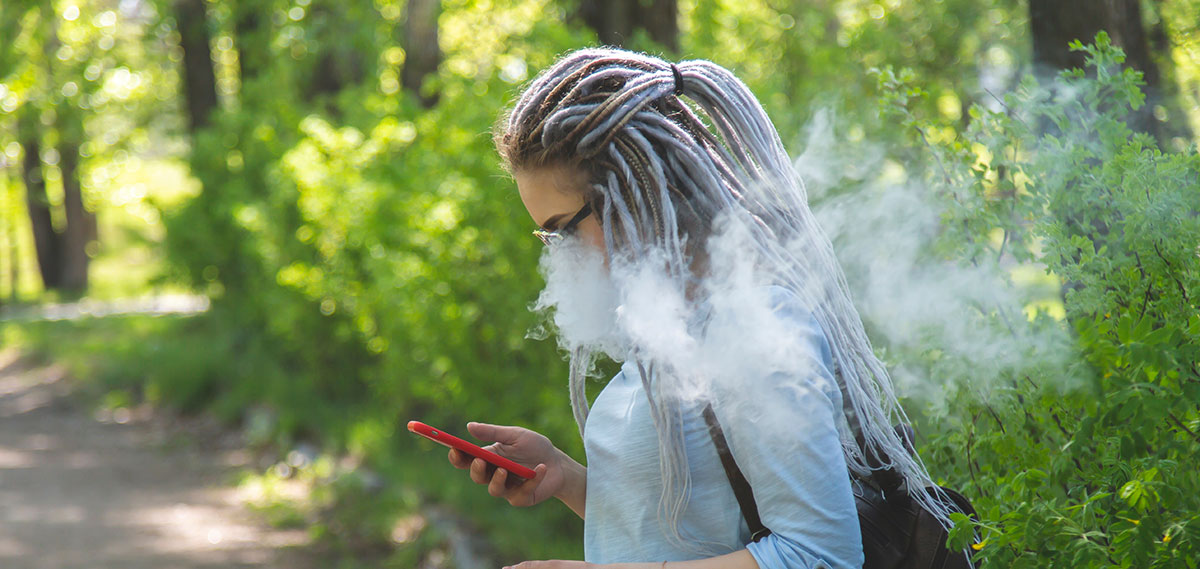
Is Social Media the Tobacco of the 21st Century?
Social media, as former Facebook president Sean Parker famously acknowledged, is “exploiting a vulnerability in human psychology” by creating a “social validation feedback loop”. In a country where over 85% of adults, 84% of teens, and more than half (53%) of children own or have consistent access to smartphones, interactive media are available and insistent.…






